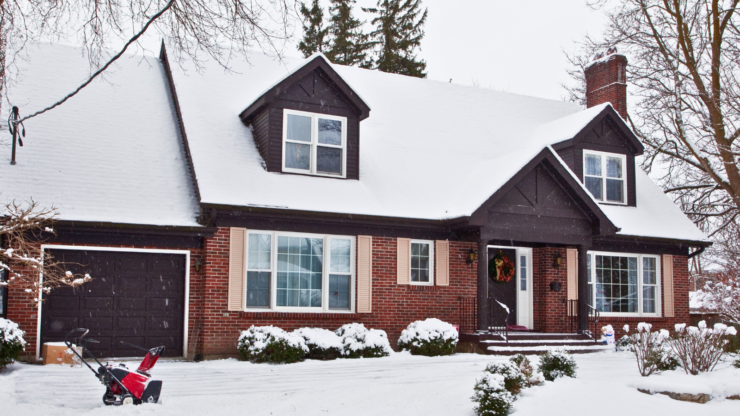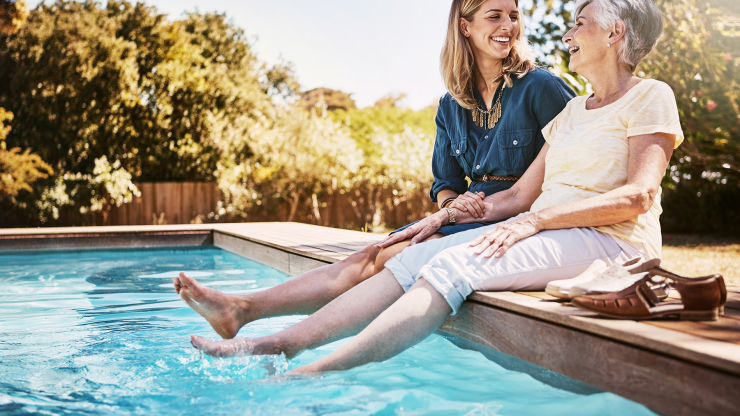
The Difference Between Hyperthermia and Hypothermia
Hypothermia and hyperthermia are both conditions that can happen when the body is exposed to extreme temperatures or when the body is unable to regulate body temperature. Hypothermia can happen with prolonged exposure to cold temperatures and when this happens, older adults are at risk of experiencing health problems and injuries related to the weather.The human body maintains a constant core temperature of around 98.6 °F (37 °C) for healthy functioning of the heart, brain, and other vital organs. If your internal temperature gets too cold or too hot, fatal consequences are possible.
Below are the main differences between hyperthermia and hypothermia:
Here are a few precautions and tips you can take to decrease an aging loved one’s vulnerability to hypothermia:
- Make sure their home is warm enough. Set the termostat to at least 68 to 70 degrees. Seniors can be vulnerable to hypothermia at indoor temperatures of 65° F or lower.
- When going outside, it’s important to wear a hat, scarf, and gloves or mittens to prevent loss of body heat through your head and hands. A hat is particularly important because a large portion of body heat can be lost through the head. Wear several layers of warm loose clothing to help trap warm air between the layers.
- If you have an in-home care provider, ask them to prepare warm foods and liquids as often as possible. During the day, ask your care provider to prepare tea or soup to keep your body temperature up. It’s important that your loved one consumes enough calories to main a healthy weight, as body fat helps provide warmth.
- Encourage your loved one to talk about any health concerns especially if they’re feeling cold all the time so that it doesn’t lead to a serious medical problem. If you notice shivering or having difficulty breathing in cold weather, take them indoors immediately or call for emergency help.
LifeWorx provides a wide range of in-home care services for seniors, including assistance with hypothermia prevention. Our caregivers have experience in helping your loved one stay safe, healthy, and happy during both the winter and summer months. If you want to learn more about our services, contact us today and schedule a consultation with one of our care team members.
Find your peace-of-mind.
Explore LifeWorx’ in-home elder care services.
















